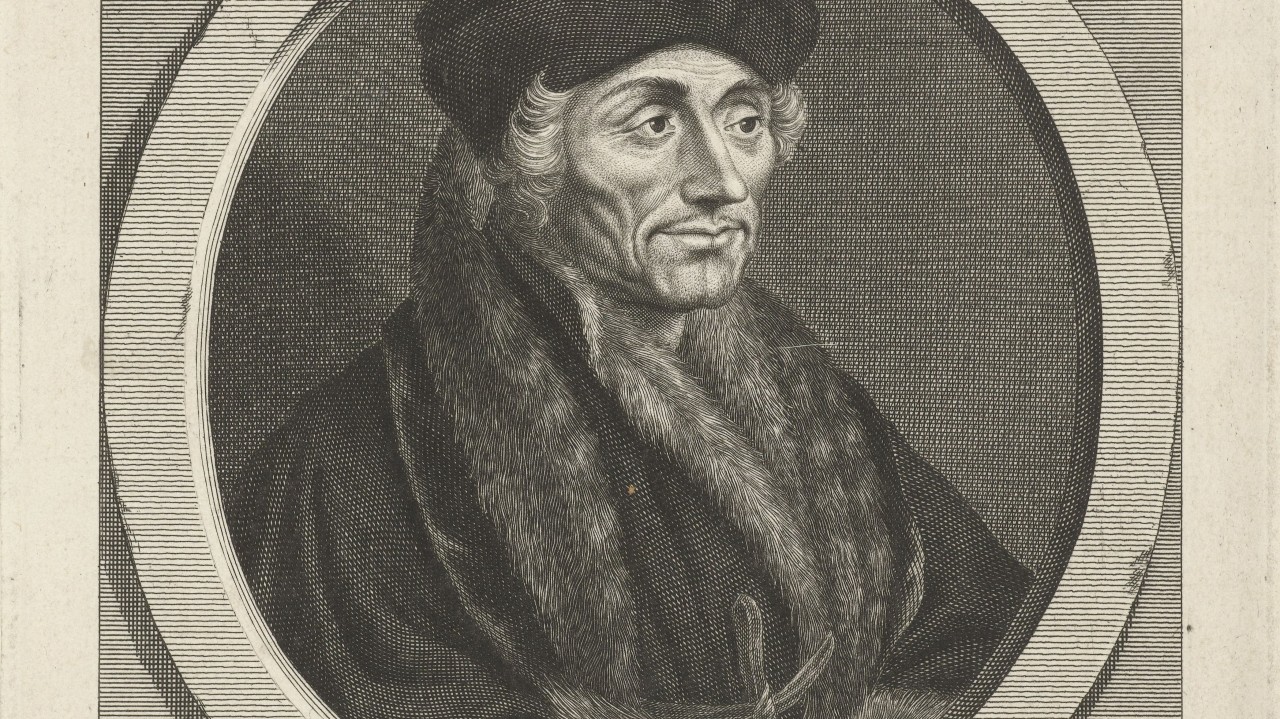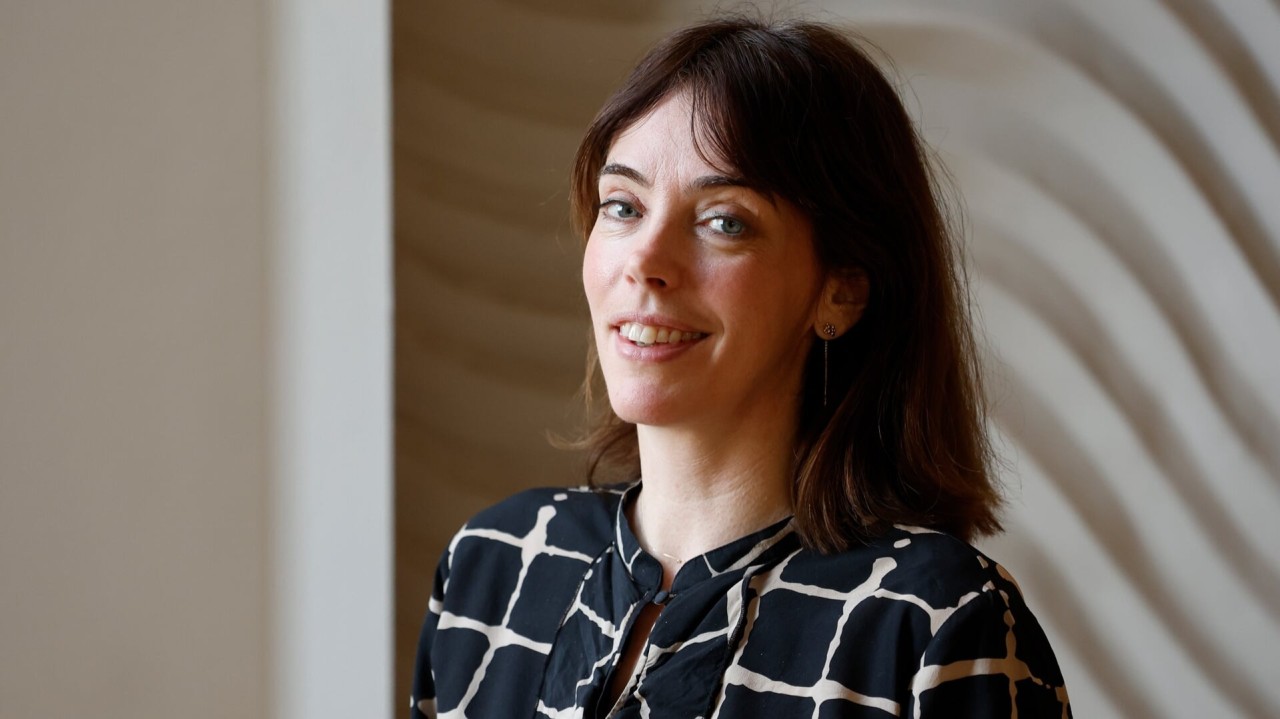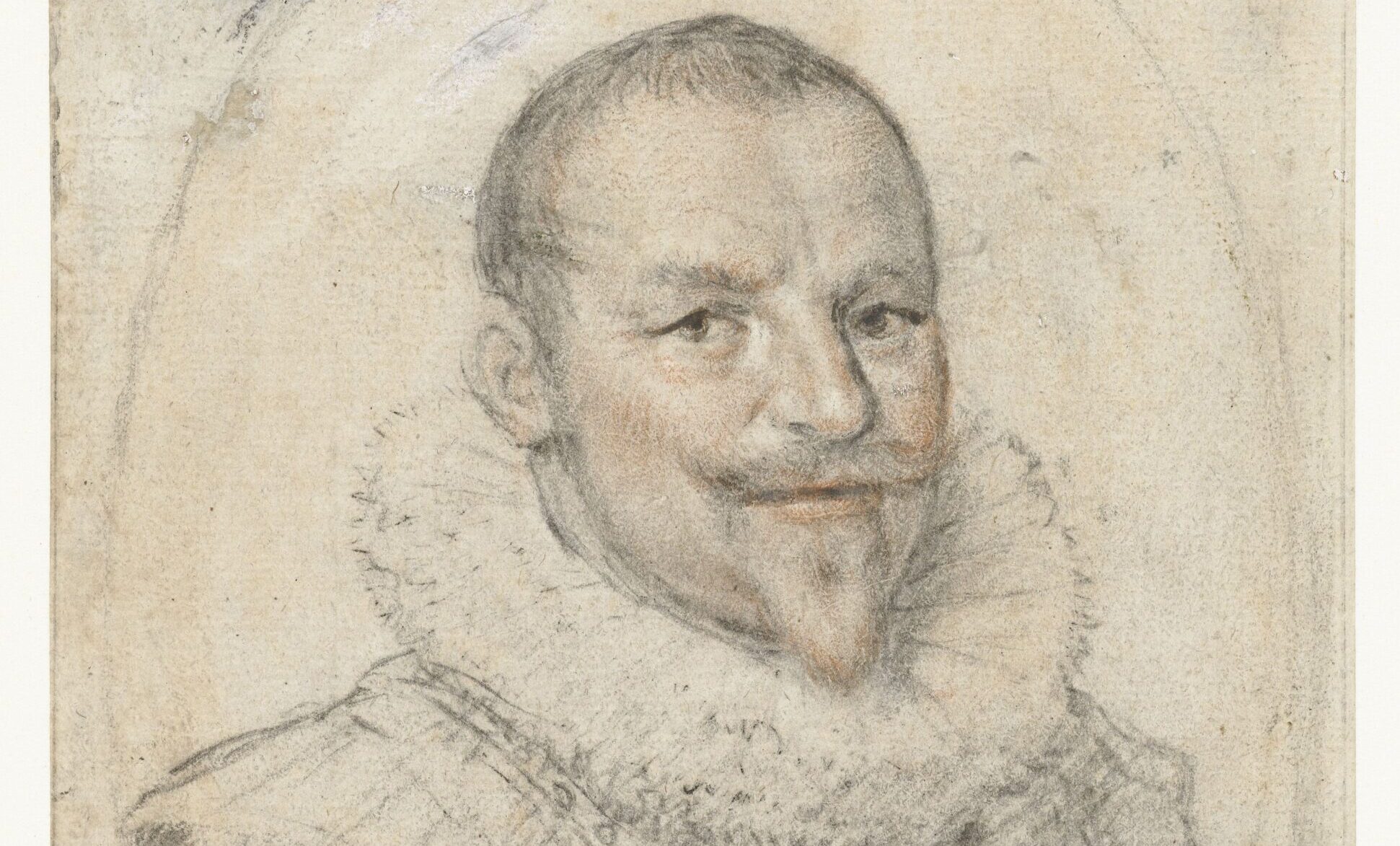A child of two worlds
Louis Couperus (1863 – 1923), born in the Hague and raised partly in the Dutch East Indies, was a living bridge between worlds. The colonial mystique of Java, with its whispers of superstition and magic, seeped into his upbringing and later onto the pages of his masterpiece, The Hidden Force/De stille kracht. Imagine European rationality clashing with the lived-reality of Javanese mysticism – leaving you to wonder: are the unseen forces real, or just in your head?
A sensational debut
Let’s talk about Eline Vere – his 1889 debut that set the literary world on fire. This novel was a sensation. Eline, our tragic heroine, is a dreamer, a romantic, a woman whose heart beats too loudly for the world around her. Think Madame Bovary, but with a Dutch twist. The book didn’t just make Couperus famous, it crowned him as one of the Netherlands’ literary royalty.
Master of many genres
Couperus was as unpredictable as a summer storm. One moment, he’s crafting family sagas like The Books of the Small Souls/De boeken der kleine zielen, the next, he’s spinning decadent tales of doomed aristocrats, or delving into historical sagas like Iskander: The Hero of Alexandria/Iskander: De roman van Alexander den Groote). And let’s not forget his sharp social commentaries. His writing was poetic, but don’t be fooled. Beneath the elegance lies a sly, ironic wit that could cut through pretense like a knife through butter.
A life on the move
Couperus wasn’t the type to sit still. He and his wife were the original jetsetters: Italy, Spain, North Africa, and beyond – fleeing the rigid constraints of Dutch society. His travel reports were witty, observant, and packed with the kind of insights that make you see the world – and human nature – in a whole new light.
A timeless observer
Even a century after his death in 1923, Couperus’ work feels as fresh and relevant as ever. Colonial tensions. Human vanity. The heartbreaking gap between dreams and reality. He tackled it all with a twinkle in his eye. His novels are a reminder that while the world may change, human folly is forever. And isn’t that something to celebrate?
Quote Louis Couperus
‘De stilte is vaak mooier dan het woord.’
‘Silence is often more beautiful than words.’










